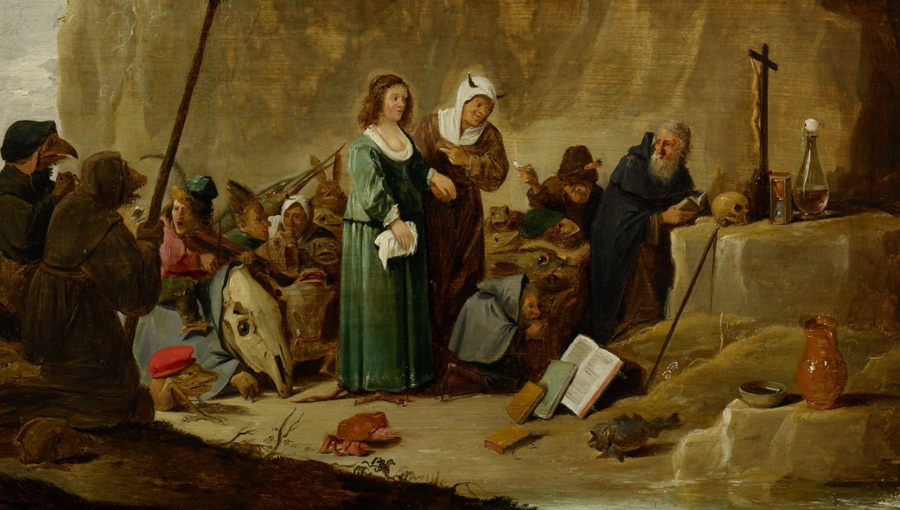Misunderstanding the Christian Vocation of Celibacy
By Anne Kerhoulas
Our culture idolizes romantic relationships. For many, finding love, their soulmate, or the person who completes them is the primary mission of their lives. While Christianity rebuffs this idolatry, rightly situating romantic love as a gift of God given to bring him glory, a small but growing group of Christians is choosing to live a celibate life.

Pieter Valk is the founder of an intentional community for men called to vocational singleness called the Nashville Family of Brothers. The community is comprised of men who choose celibacy based on Jesus and Paul’s commendation in Matthew 19 and 1 Corinthians 7. While Valk unpacks the beauty and blessing of choosing a celibate life in order to fully give oneself over to ministry and a life of following Jesus, the concept is foreign at best and oppressive at worst to a watching culture. Valk wants to change that.
While visiting an art museum with an installation featuring desert monks and cave celibates. “When I turned the corner and began studying the paintings and drawings of fellow monks, I was disappointed. Dark sketches depicted lonely celibates running from persecution and sexual temptation. Paintings of St. Anthony by Teniers and drawings of St. Jerome by Altdorfer and Fragonard showed ascetics contemplating death and martyrdom while fighting off evil spiritual forces. Each artwork was a “Where’s Waldo?” scene of skulls, women, demons, or caves—reminding the monk of the brevity of life, the call to self-denial, and the otherworldliness of his vocation. The collection consistently glamorized and romanticized extreme self-deprivation, detachment from self, and disconnection from everyday Christians.”
In this article, Valk explores the historical tradition of celibacy and how Christians can set an example to a watching world to show that sex and romance are not our ultimate purpose.
Christian Union is eager to engage culture in conversations regarding human sexuality, desire, and sexual integrity. From thought-provoking leadership lecture series to Bible courses that teach the biblical sexual ethic, Christian Union is training and equipping the next generation of believers in the good news that God has made us for himself. Read the full article here.



